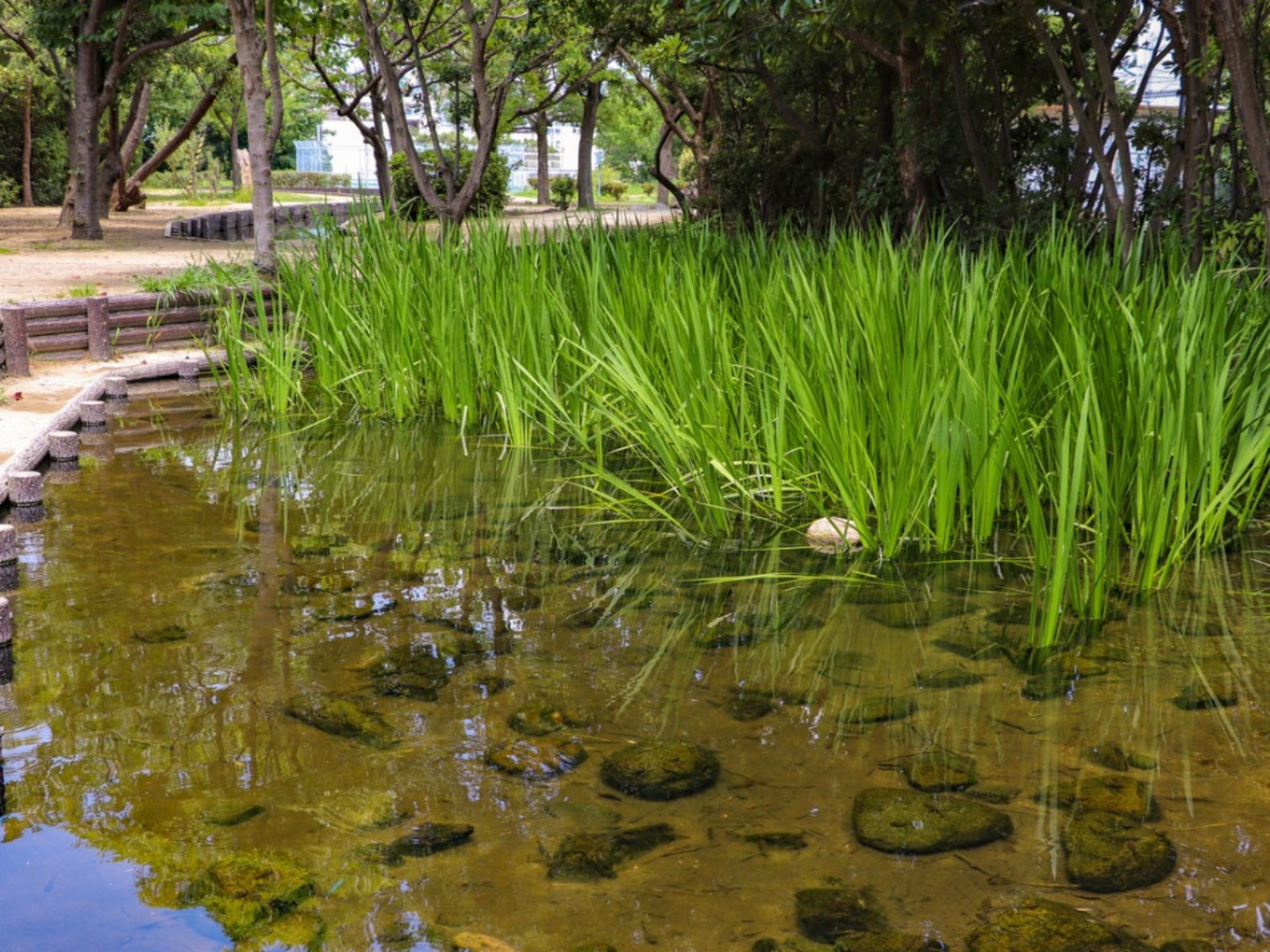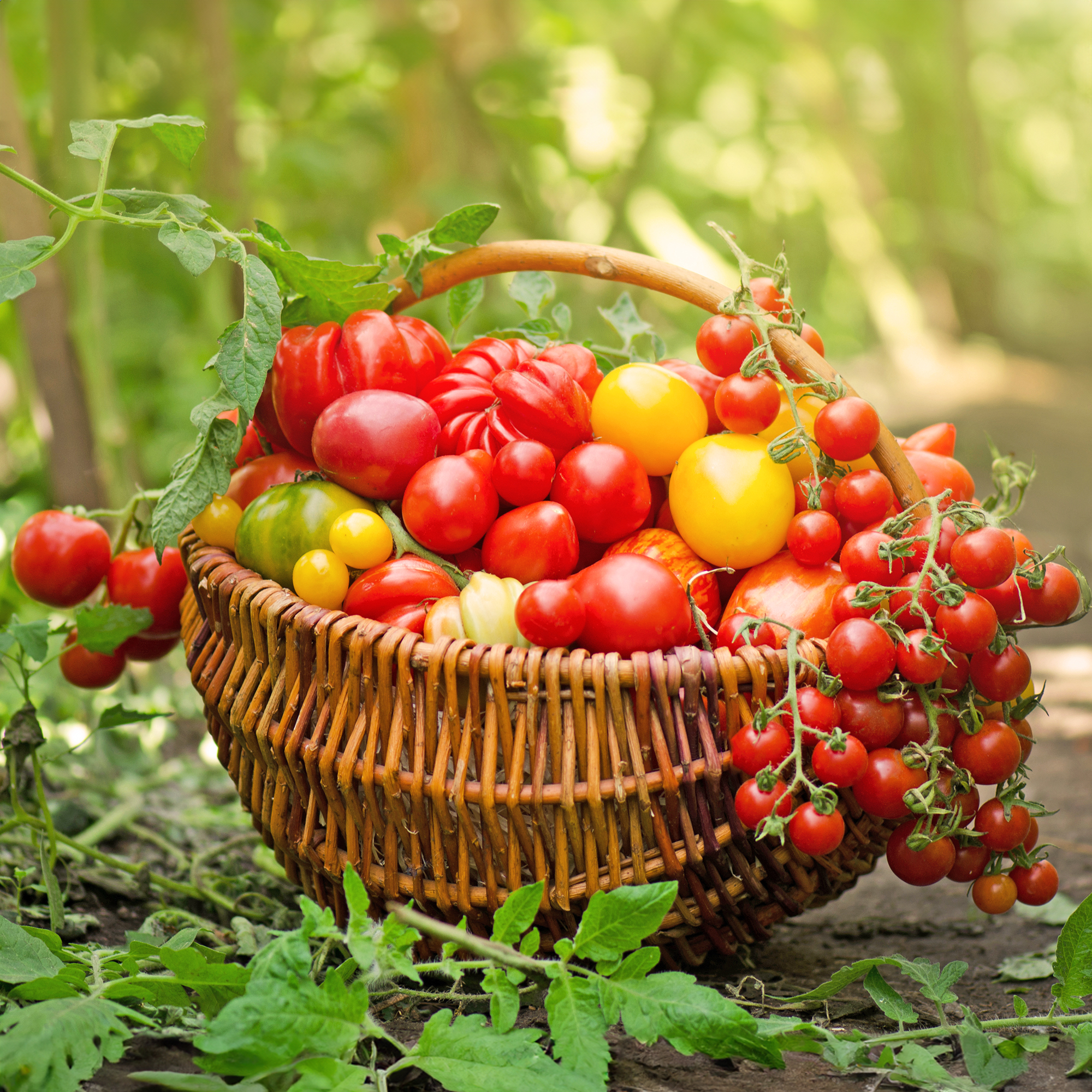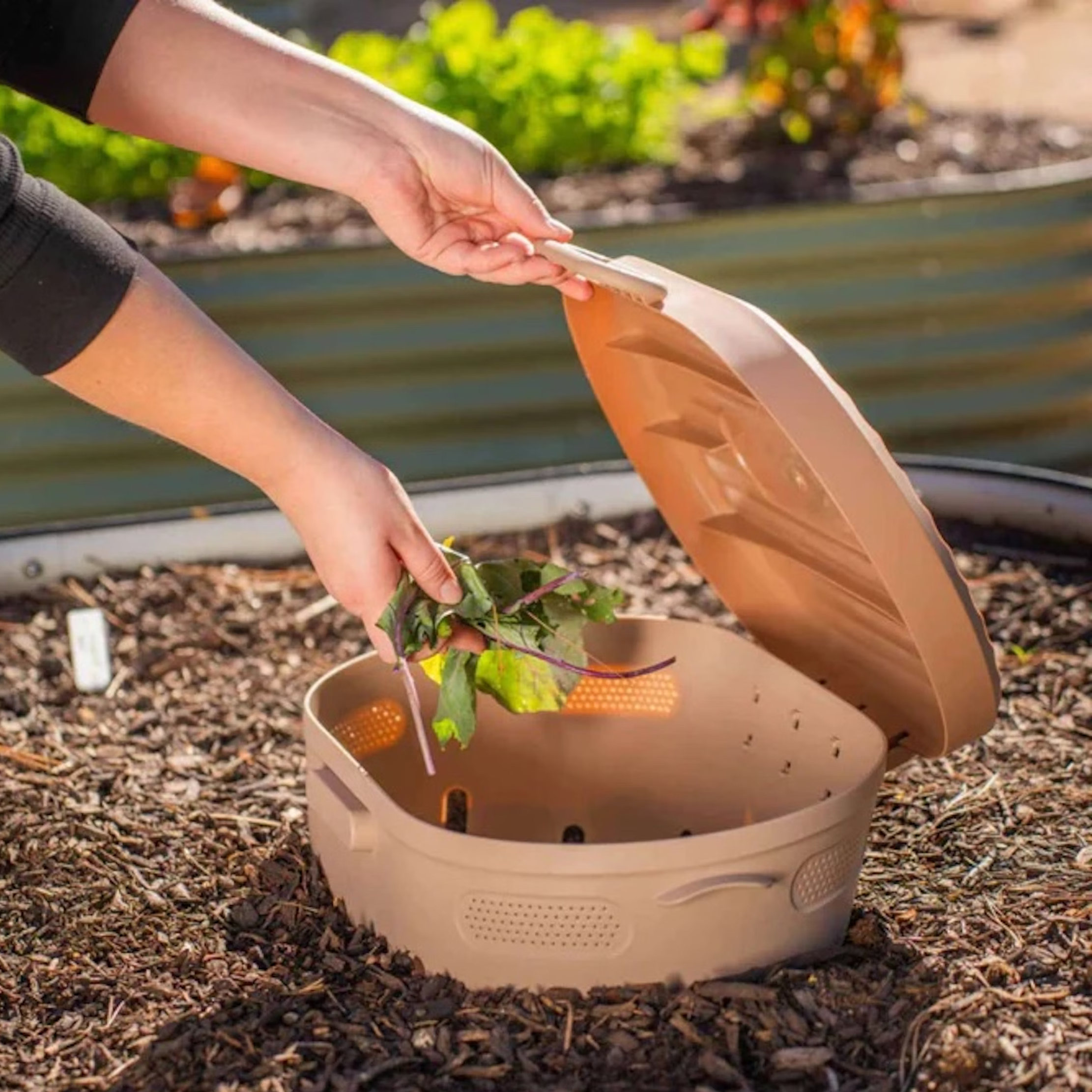Plants For Bog Gardens: How To Build A Bog Garden

Nothing beats the natural appeal of a bog garden. Creating an artificial bog garden is both fun and easy. Most climates are suitable for growing bog garden plants. They can be designed in various ways based on your landscape and personal needs. Keep reading to learn more about how to build a bog garden.
What is a Bog Garden?
Creating a bog garden in your landscape is an enjoyable project that allows you to experiment with different plant species. So exactly what is a bog garden anyway? Bog gardens exist in nature in low-lying areas or around ponds, lakes, and streams. Bog garden plants love overly moist soil, which is waterlogged, but not standing. These marshy gardens make a lovely attraction in any landscape and can quickly turn an unused, water-logged spot in the yard into a wonderful scenic attraction.
How to Build a Bog Garden
Constructing a bog garden is not a difficult task. Choose a site that receives at least five hours of full sunlight. Dig a hole that is about 2 feet (61 cm.) deep and as wide as you would like your garden to be. Line the hole with a sheet of pond liner and press it down so that it contours with the hole. Leave at least 12 inches (31 cm.) of liner exposed to accommodate for the bog settling. This edge is easy to hide later on with mulch or small rocks. In order to keep the plants from rotting, it is necessary to poke drainage holes around the edge of the liner, one foot (31 cm.) below the soil surface. Fill the hole with a mixture of 30 percent coarse sand and 70 percent peat moss, compost, and native soil. Allow the bog to settle for one week and keep it well watered.
Choosing Bog Garden Plants
There are many perfect plants for bog gardens that will naturally adapt to the moist environment. Be sure that you select plants that are appropriate for your growing region. Good choices for a bog garden include some of the following beauties:
- Giant rhubarb- has massive, umbrella-shaped leaves
- Giant marsh marigold- grows up to 3 feet (1 m.) tall with beautiful yellow flowers
- Flag iris- can be purple, blue, yellow, or white with tall stalks and dark green leaves
Other plants for bog gardens include carnivorous species such as Venus flytrap and pitcher plant. Many woodland plants feel right at home in the boggy environment as well. Some of these include:
Be sure to put taller bog plants in the back of your bed and provide plenty of water.
Container Bog Garden
If your space is limited or you are not interested in excavation, consider a container bog garden. A bog garden can be created using any number of containers including whiskey barrels, kiddie swimming pools, and more. Virtually, any relatively shallow container that is wide enough to accommodate some plants will do. Fill 1/3 of your chosen container with gravel and put a mixture 30 percent sand and 70 percent peat moss on top. Wet the planting medium completely. Let your container bog garden sit for one week, keeping the soil wet. Then, place your bog plants where you want them and continue to keep the soil wet. Put your bog garden container where it will get at least five hours of daily sun.
Gardening tips, videos, info and more delivered right to your inbox!
Sign up for the Gardening Know How newsletter today and receive a free copy of our e-book "How to Grow Delicious Tomatoes".
-
 Types Of Tomatoes Explained: Explore The Many Wonderful Shapes, Colors, Flavors, & Best Uses
Types Of Tomatoes Explained: Explore The Many Wonderful Shapes, Colors, Flavors, & Best UsesThe world of tomato varieties is vast and fascinating. Learn about the key types to grow in your garden, tailored to your preferences and space.
By Amy Grant
-
 Try The Trend – Turn Any Bed Into A Keyhole Garden With This Clever In-Ground Composter
Try The Trend – Turn Any Bed Into A Keyhole Garden With This Clever In-Ground ComposterKeyhole gardening is an efficient and sustainable practice that saves space. Get started on this DIY project quickly and easily with an in-ground composter.
By Bonnie L. Grant